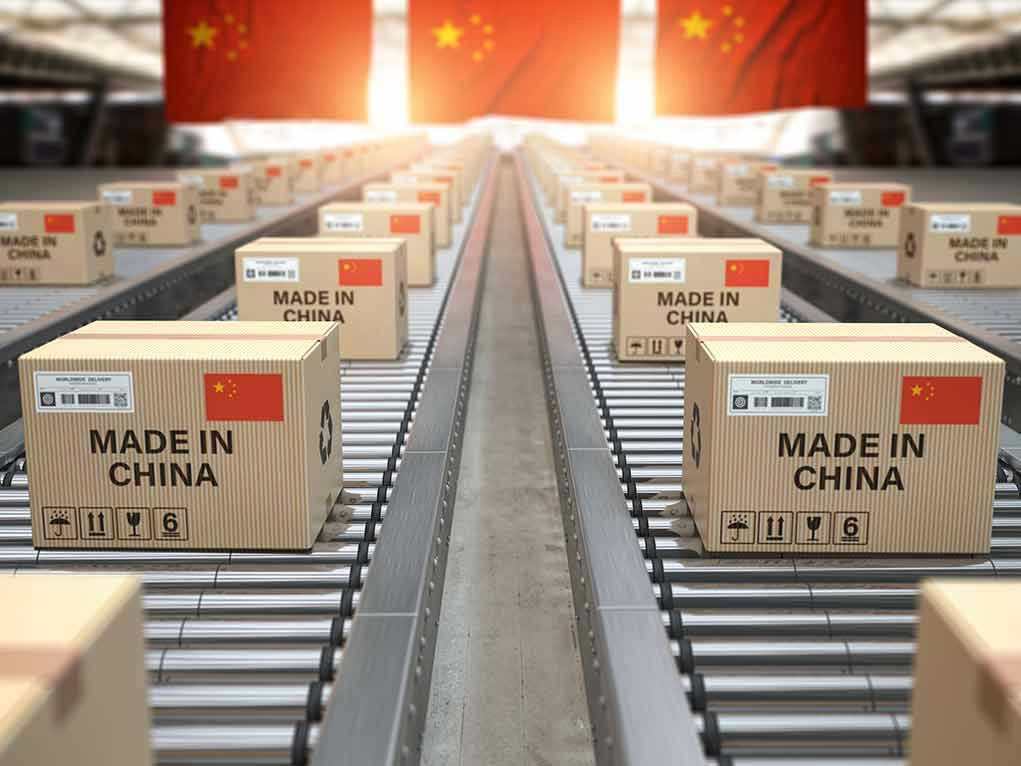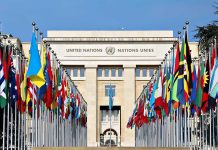
President Trump’s announcement of a sweeping 100% tariff on all Chinese imports signals a dramatic escalation in America’s fight against foreign influence and unfair trade—an aggressive move that’s sure to spark debate among those determined to protect U.S. jobs and sovereignty.
Story Snapshot
- Trump imposes a 100% tariff on Chinese imports in response to Beijing’s rare earth export controls.
- The administration aims to curb Chinese economic leverage and strengthen domestic manufacturing.
- Conservative supporters see this as a victory against globalism and a step toward restoring American self-reliance.
- Economic and geopolitical impacts are expected, including possible retaliation from China.
Trump’s Tariff Offensive Targets Beijing’s Economic Grip
On October 12, 2025, President Donald Trump declared the United States would double down on its trade war with China, slapping a 100% tariff on all Chinese imports. This decisive move comes as Beijing threatens new export controls on rare earth minerals—vital resources for technology and defense. The White House frames the action as a necessary countermeasure to Chinese economic aggression, aiming to defend American industry and national security while sending an unmistakable message that the era of unchecked globalism is over.
Conservative Americans, long frustrated by the erosion of manufacturing jobs and a growing dependence on China for critical goods, are rallying behind Trump’s aggressive stance. The administration argues these tariffs will incentivize companies to bring production back to the U.S., boosting employment and reasserting control over supply chains. Critics warn of higher consumer prices and supply disruptions, but for many voters, the priority is reclaiming economic independence and safeguarding American values from foreign manipulation.
Retaliation Looms: China’s Rare Earth Threat and U.S. Response
Beijing’s threat to restrict exports of rare earth minerals—essential components in electronics, renewable energy, and military technology—has heightened tensions. The U.S. relies heavily on China for these materials, making the potential fallout severe. Trump’s tariff announcement is not just about economics; it’s a strategic response to an adversary leveraging its resources to undermine American interests. The administration is working with allied nations to diversify supply chains and develop domestic alternatives, aiming to reduce vulnerability and maintain technological leadership in critical sectors.
While the administration touts tariffs as a tool to pressure China into fairer trade practices, economic analysts caution that retaliatory measures could escalate the conflict. If China follows through on its export controls, U.S. manufacturers may face shortages and increased costs. Nevertheless, the president’s team insists that short-term pain is necessary for long-term gain, arguing that American resilience and ingenuity will prevail. The policy marks a significant departure from previous administrations’ approaches, reflecting a broader shift toward economic nationalism and assertive foreign policy.
Impact on American Workers and Conservative Values
Supporters of the new tariff policy see it as a direct defense of American jobs and traditional values, challenging decades of bipartisan acceptance of globalist trade arrangements. By prioritizing U.S. manufacturing and reducing reliance on hostile foreign powers, the Trump administration aims to restore the dignity of work and strengthen families—core conservative principles often undermined by outsourcing and unfair competition. The policy aligns with a broader agenda focused on border security, deregulation, and constitutional rights, addressing widespread concerns about government overreach and foreign entanglements.
However, the administration faces criticism from business groups and some economists who argue that tariffs could hurt American consumers and disrupt existing supply chains. The president’s supporters counter that these concerns pale in comparison to the dangers of unchecked Chinese influence and the loss of national sovereignty. As the debate unfolds, conservative Americans are watching closely, eager to see if this bold strategy will deliver on promises to revive manufacturing, restore economic security, and uphold the values that define the nation.
Sources:
The Trump Administration’s 2025 Changes to Immigration Law
Protecting The American People Against Invasion – The White House
The Anti-Immigrant Policies in Trump’s Final “Big Beautiful Bill” Explained
The Trump Administration Moves to Reinstate Restrictions on Legal Immigration Proposed in First Term

















